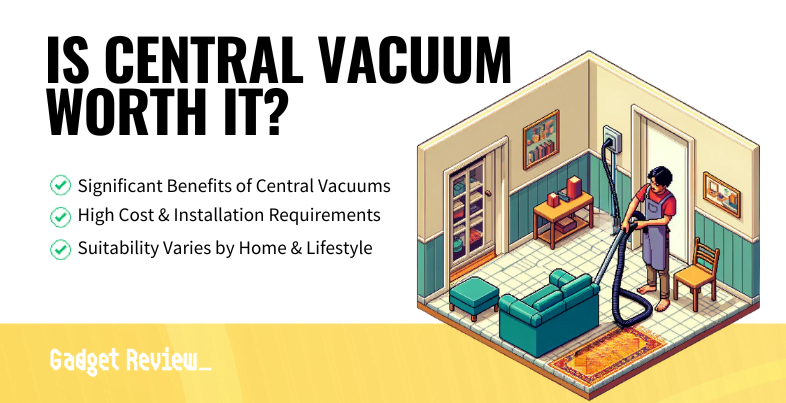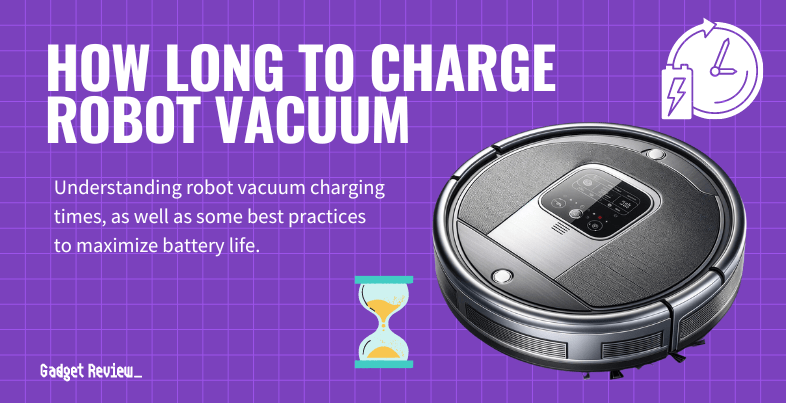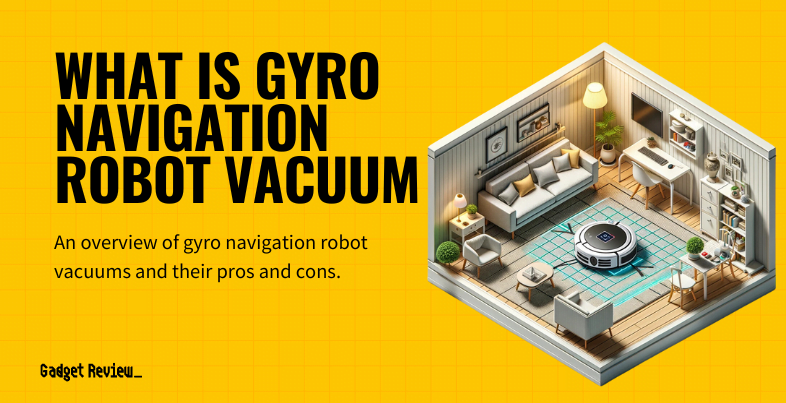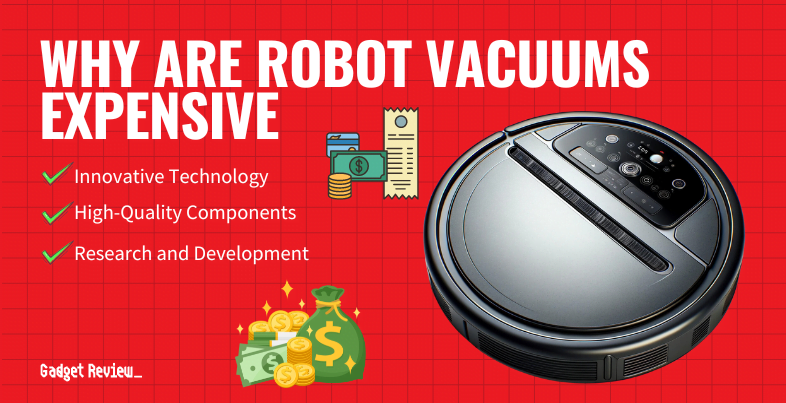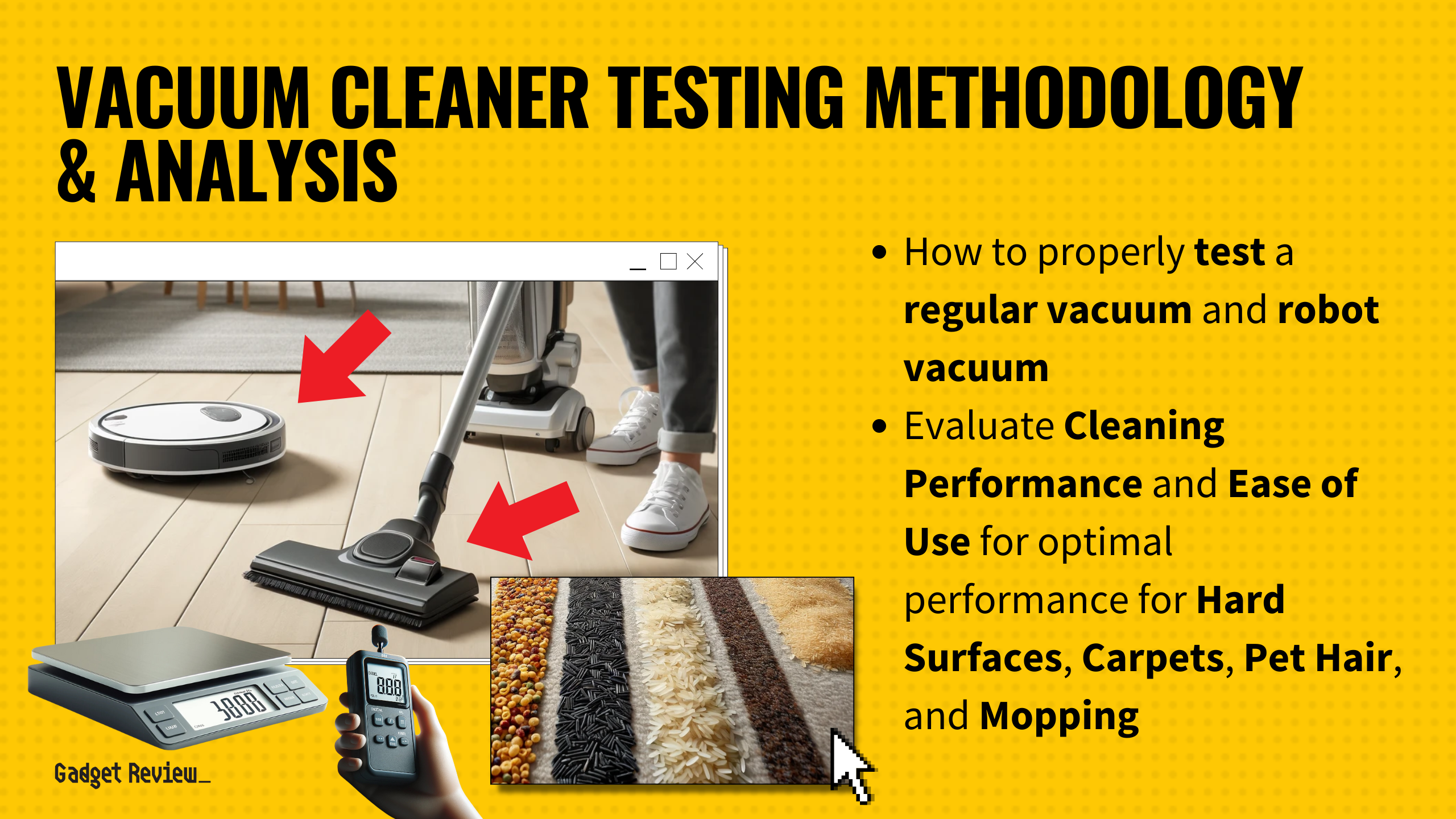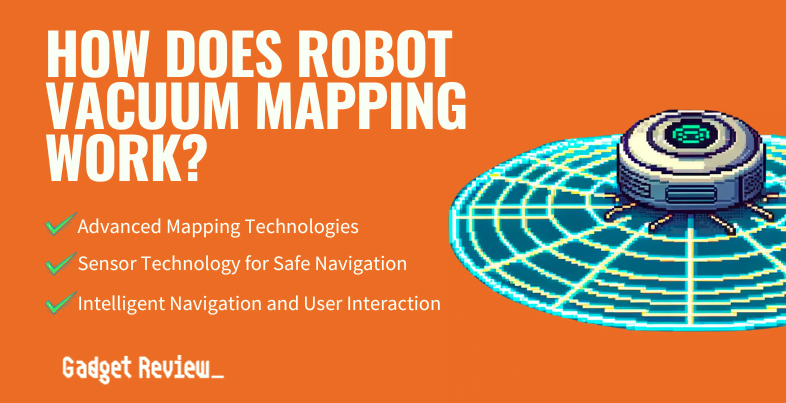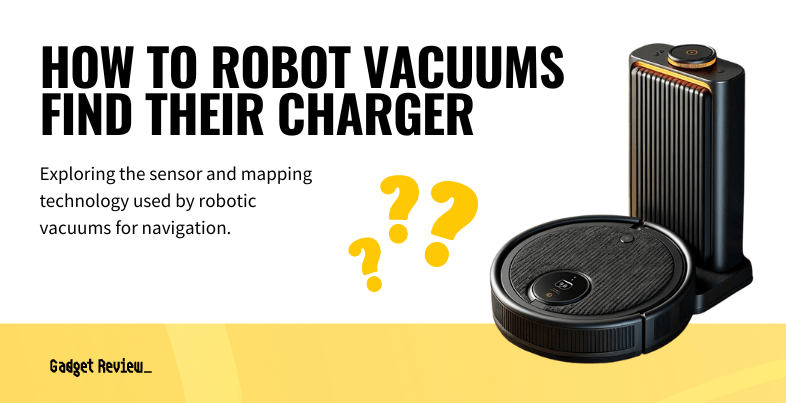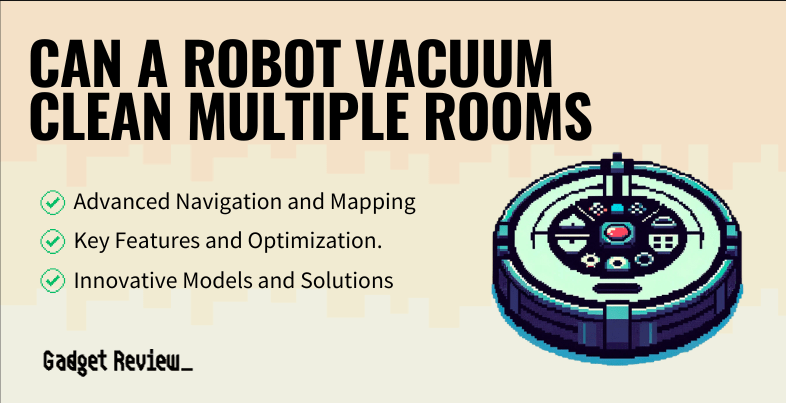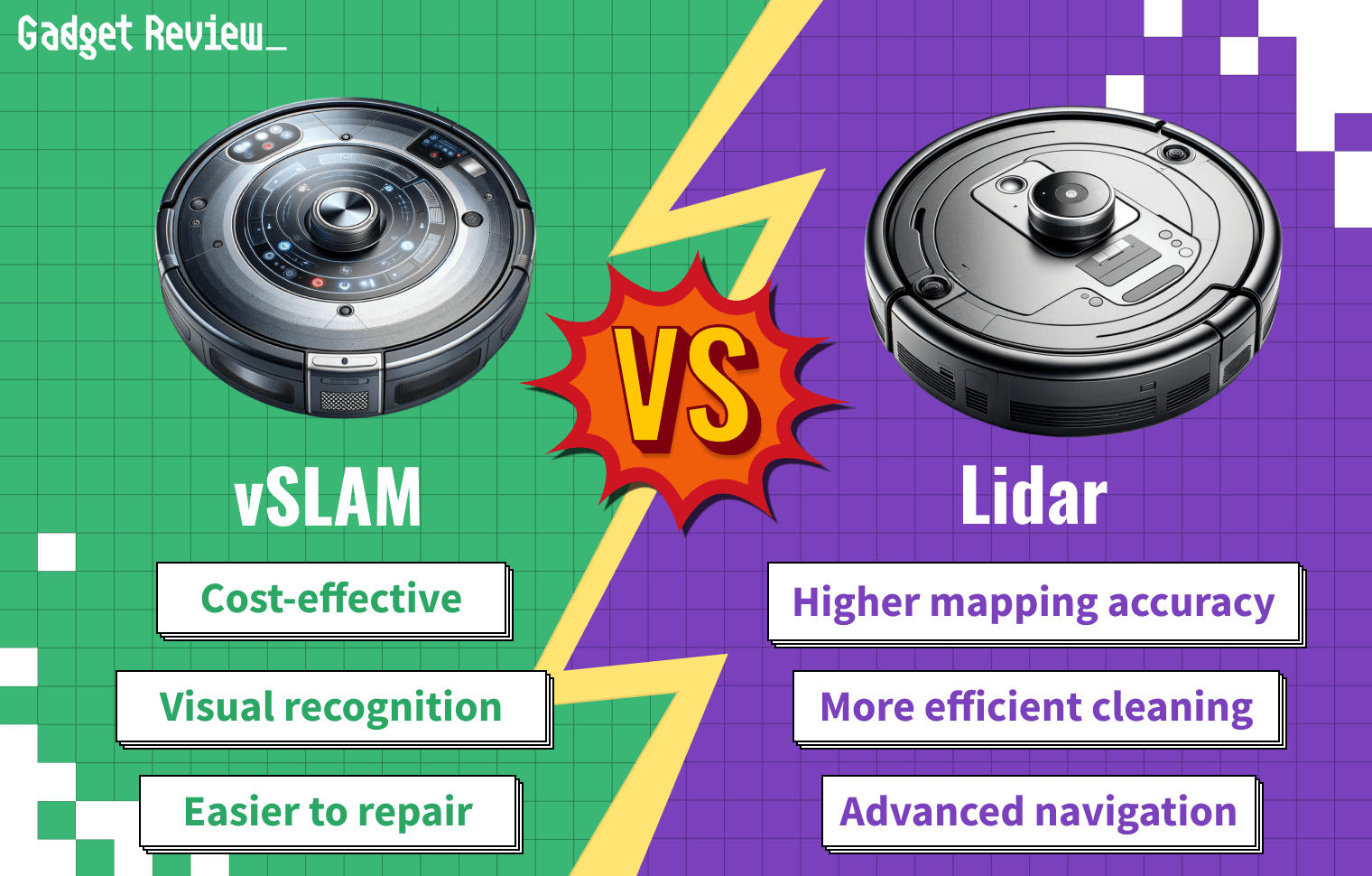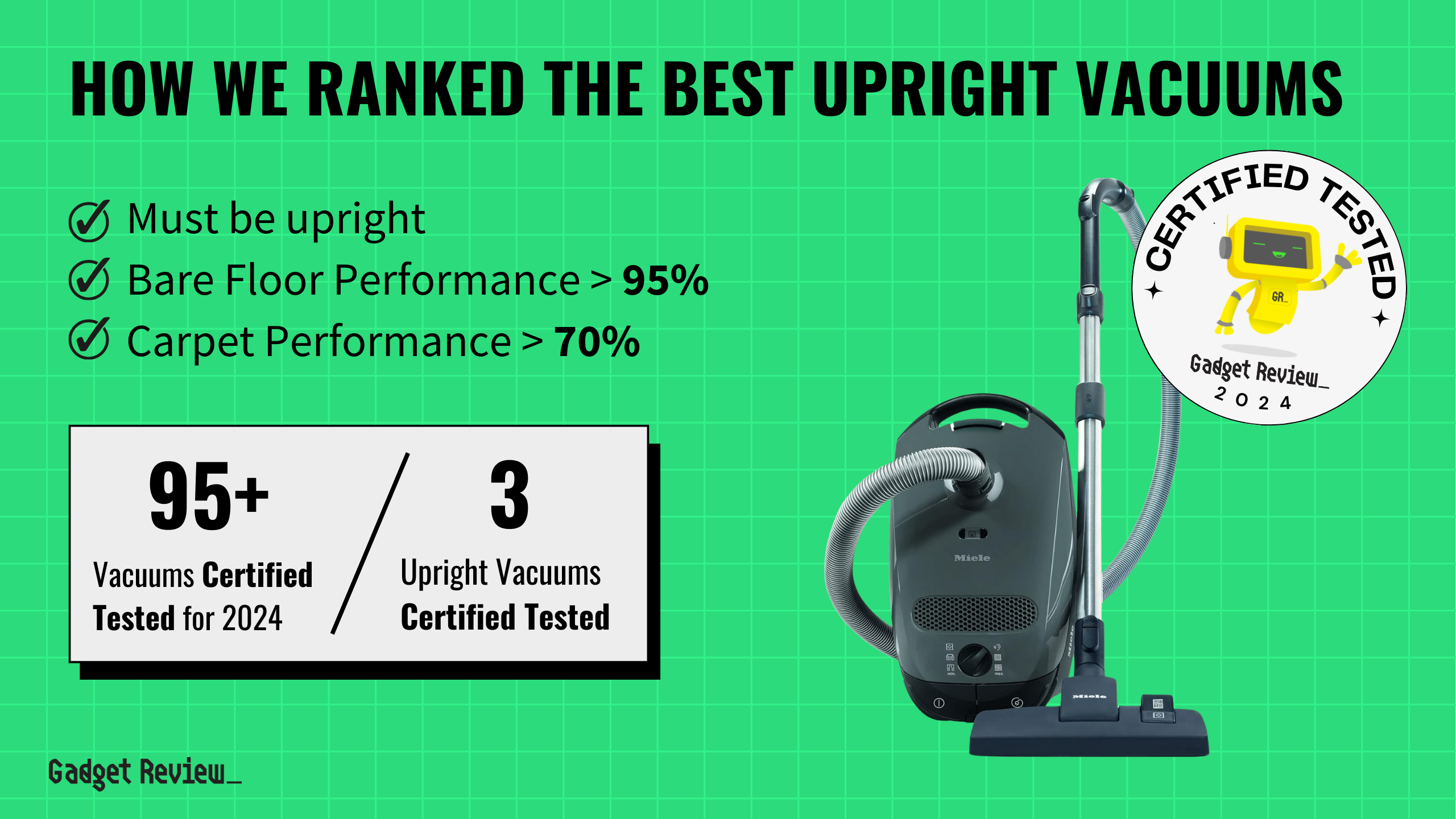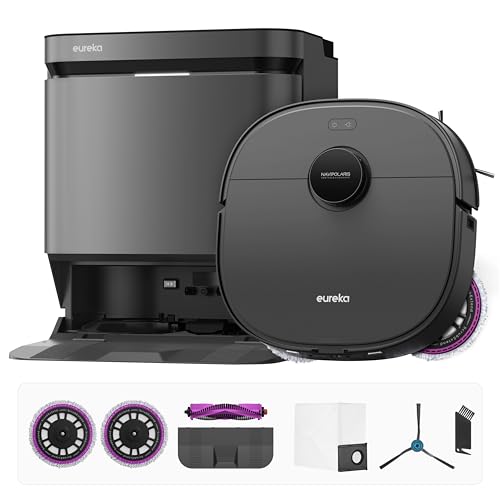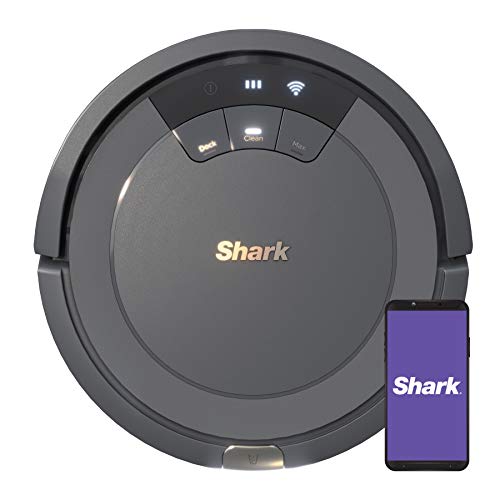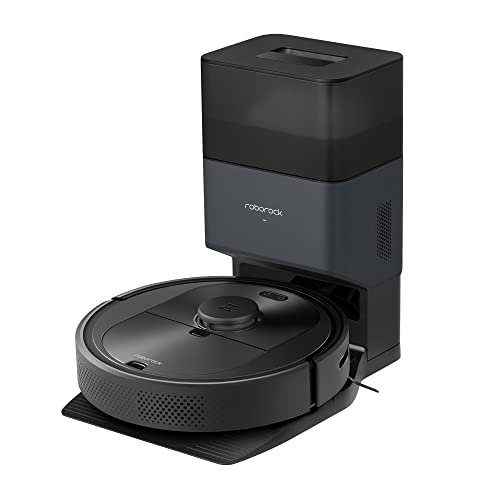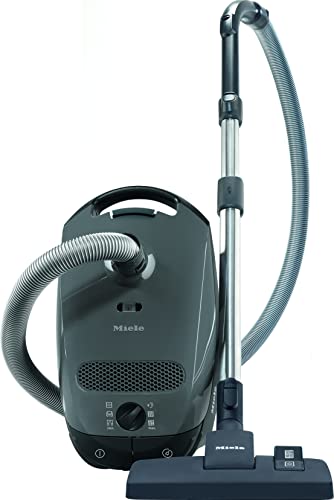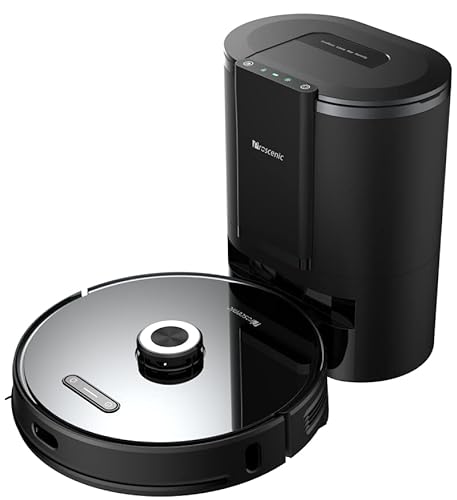Central vacuum systems have gained attention for their unique design and functionality.
Unlike traditional vacuums, these systems are built into your home, with a central motor unit, in-wall tubing, and strategically placed vacuum ports.
But the question remains: are they worth the investment?
Central Vacuums: Are They Worth It?
In short, yes, for many homeowners, a central vacuum system is a worthwhile investment. It offers superior cleaning power, improved air quality, and convenience.
However, it comes with a higher upfront cost and installation requirements.
The decision ultimately depends on your home size, cleaning needs, and budget.
Understanding Central Vacuum Systems
To learn more about central vacs, check out the video below:
The Mechanics of Central Vacuum Systems
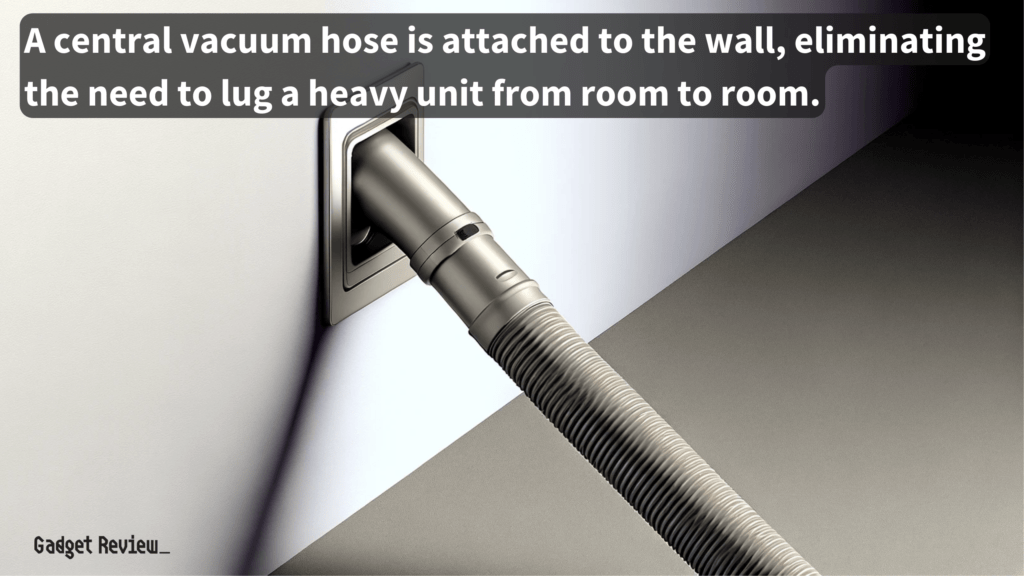
Central vacuum systems consist of a central motor unit, typically located in a basement or garage, connected to a network of in-wall tubing. This tubing leads to vacuum ports in various rooms.
There are two main kinds:
- Traditional systems: Where you move a hose from room to room
- “Hide-a-Hose” systems: Hoses for this unit retract into the walls
Advantages of Central Vacuum Systems
- Enhanced Cleaning Power: These systems often have three to five times the suction power of standard vacuums, ensuring a deeper clean.
- Health and Air Quality: By reducing the recirculation of dust and allergens, they are ideal for allergy sufferers.
- Convenience and Ease of Use: The need to lug a heavy unit around the house is eliminated, making cleaning less of a chore.
- Noise Reduction: The central unit’s location away from living areas means quieter operation.
- Potential Increase in Home Value: Some evidence suggests these systems can add to your home’s resale value.
Disadvantages of Central Vacuum Systems
- Cost Implications: The initial cost, including installation, is higher than traditional vacuums.
- Installation Complexity: Professional installation is required, which can be disruptive.
- Maintenance Requirements: Regular cleaning of the debris collection container and filter maintenance is necessary.
- Practical Challenges: Managing long hoses, especially in homes with stairs or extensive carpeting, can be tricky.
Considerations Before Installation
- Home Size and Layout: Larger homes benefit more from these systems. In smaller homes, the cost might not be justified.
- Flooring Type: They work well on various surfaces but may need extra accessories for carpeting.
- Budget Constraints: Consider if the long-term benefits outweigh the initial investment.
- Lifestyle and Cleaning Habits: Homes with pets, allergy sufferers, or high cleaning demands will find more value in these systems.
Central vacuum systems offer a blend of high cleaning efficiency, health benefits, and convenience.
While they represent a significant investment and come with certain practical considerations, their advantages can be substantial for the right household.
Evaluate your specific needs, home size, and budget to determine if a central vacuum system is the right choice for your home.


